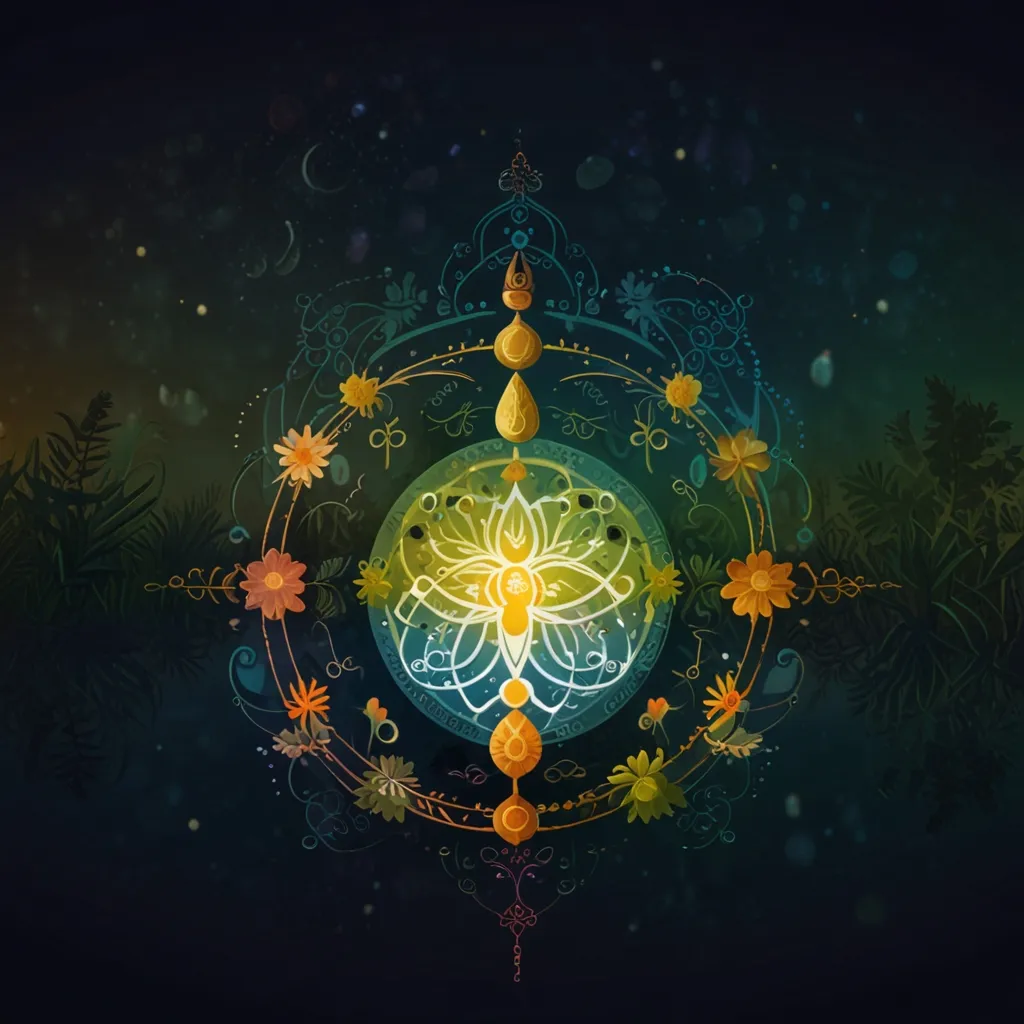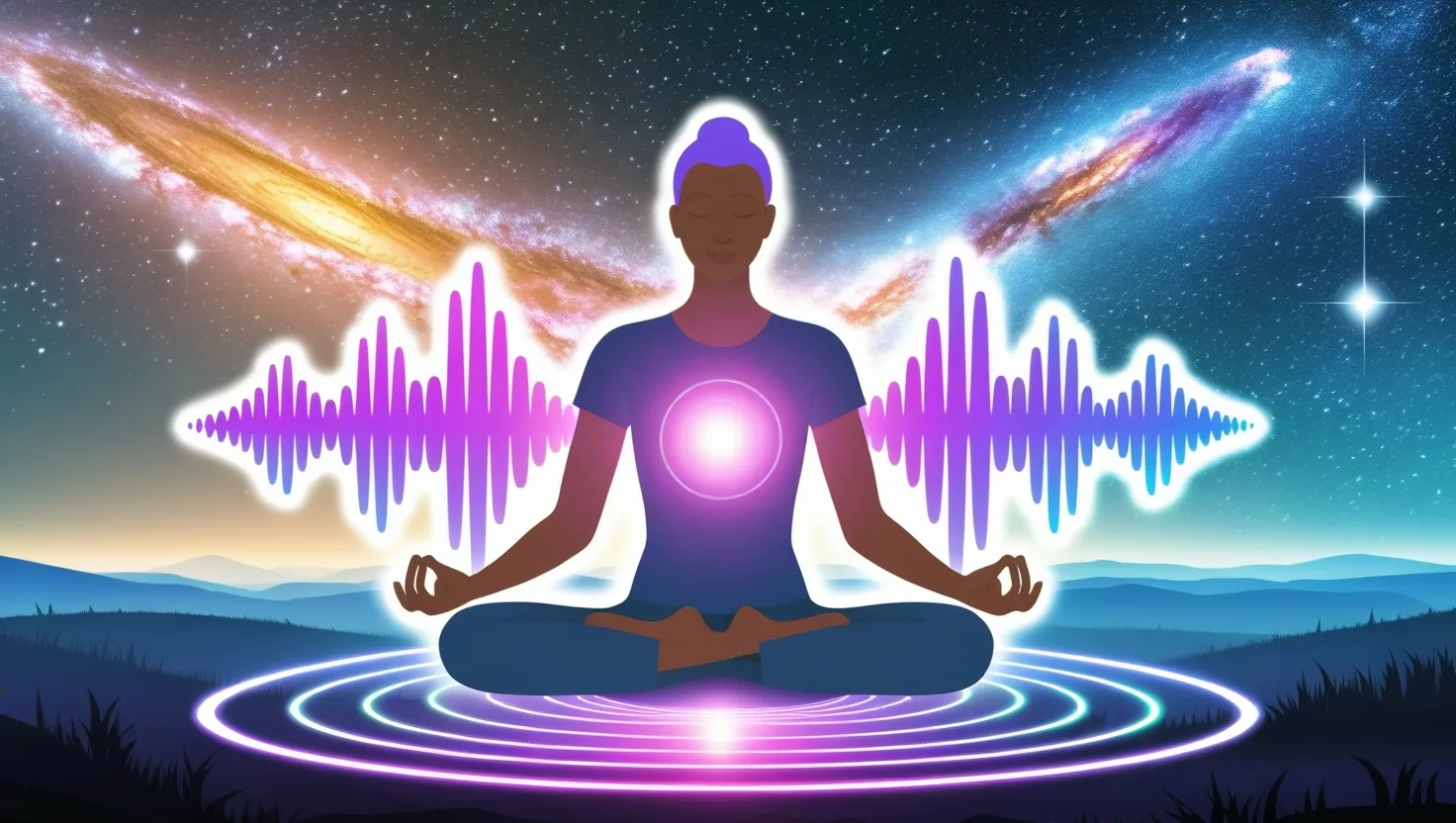Hinduism is one of the oldest faiths around, blending science and spirituality in fascinating ways. This ancient religion has always been open to exploring knowledge and the universe, seeing science and spirituality not as separate things, but as two sides of the same coin.
What’s cool about Hindu science is its holistic view. It ties ideas together into a unified whole, echoing the belief in the fundamental unity of all existence. This all-embracing perspective is seen in the works of Indian scientists like Jagadish Chandra Bose. He believed that Western scientific progress fulfilled important Hindu insights.
Take Ayurveda, for instance. This age-old medical system is a killer example of how Hinduism mixes science with spirituality. Developed over thousands of years, Ayurveda blends spiritual and material views to build a refined philosophical system. It looks at humans as a mix of body, mind, and self, using rigorous methods to back its theories. This blend has helped Ayurveda balance different approaches to health and disease.
The relationship between science and Hinduism isn’t stuck in time; it’s constantly evolving. In the late 1800s, science and spirituality were closely linked, helping shape Indian modernity and nationalism. Many early scientists were also nationalists, and both fields played a big role in uniting the nation. But nowadays, the trend is leaning more towards keeping science and spirituality separate. Yet, many spiritual leaders keep pushing for a dialogue between the two, stressing that such a conversation is necessary for integration.
There’s a widespread belief in Hinduism that religious teachings hold elements of science. Many Hindus see science as confirming religious insights. Take the antimicrobial properties of copper and the health benefits of turmeric; these were noted in Hindu texts long before science stepped in to prove them. This overlap is common, with many Hindus seeing science and religion as intersecting worlds.
Hinduism’s take on evolution also shows this integration of scientific concepts. Unlike some other religions, Hinduism doesn’t clash with evolutionary ideas. It sees evolution as fitting perfectly within its teachings about the cyclical nature of life and the universe.
In Hinduism, there’s usually no tension between science and religion. Most Hindus believe that science doesn’t contradict their religious teachings. This belief is confirmed by surveys, where many Hindus in India and around the globe say science has never disagreed with their faith.
The blend of modern science and Hindu spirituality is dynamic and ever-changing. It reflects the ongoing quest for truth and understanding central to both. Driven by a holistic approach, this quest aims to integrate all aspects of life into a unified whole. As science keeps pushing forward, Hindu spirituality will likely continue to shape our understanding of the world and our place in it.






